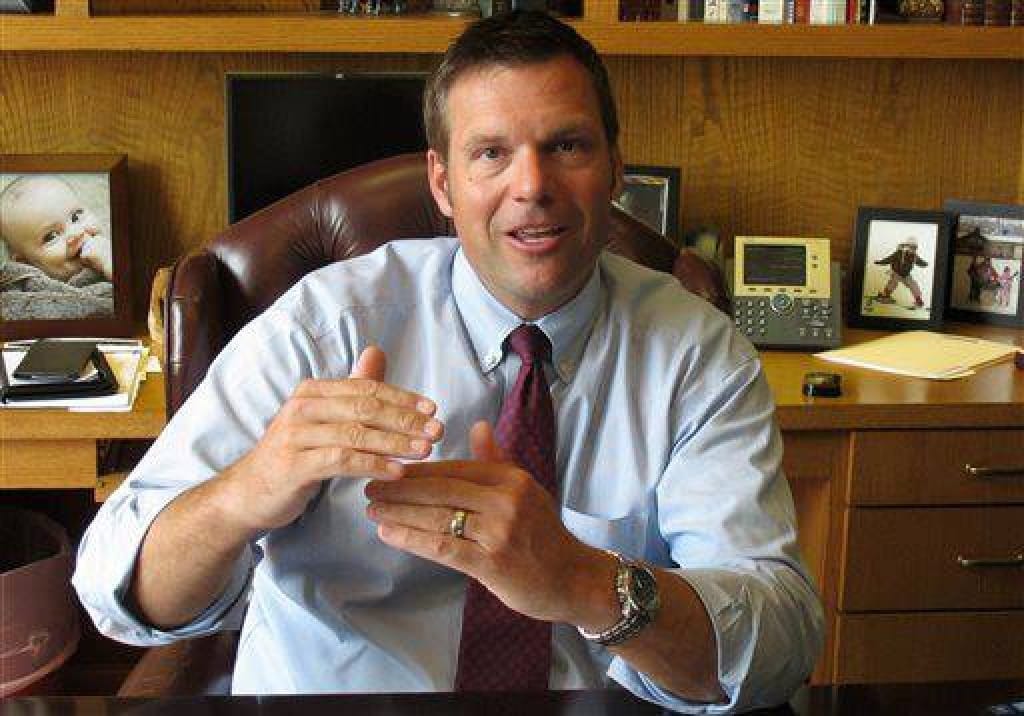GOP State AGs Oppose FCC’s 60-Day Mobile Phone Unlocking Plan
State officials say FCC lacks legal authority to require unlocking.
Ari Bertenthal

WASHINGTON, Sep. 24, 2024 - A group of five Republican Attorneys General submitted comments to the Federal Communications Commission detailing their positions against the agency’s proposed 60-day unlocking rule for handheld devices.
The group included Kris Kobach of Kansas, Steven Marshall of Alabama, Raúl Labrador of Idaho, Christopher Carr of Georgia and Austin Knudsen of Montana.
One of the key arguments presented by the group was that the FCC requirement to unlock handsets after 60 days represented a major overreach by a federal agency. The AGs said that no provision in the FCC’s Title III authority allows the agency to mandate handset unlocking after a specified amount of time, despite the agency’s claims to the contrary.
In July, FCC Chairwoman Jessica Rosenworcel unveiled the 60-day unlocking plan, saying it would allow consumers the freedom to take their existing phones and switch from one mobile service provider to another more easily.
In addition to government overreach, the Attorneys General pointed to potential harm to carriers, consumers, and national security as risks of the FCC’s plan.
The group contended that the unlocking requirement may reduce device subsidies offered by wireless providers. The AGs noted that under a 60-day unlocking policy, customers could switch carriers without paying off outstanding balances - therefore increasing the impact of losses on a carrier and reducing their ability to subsidize devices.
With a reduction in subsidy comes a reduction in access for low-income people and communities. According to the Attorneys General, this could drive consumers to purchase cheaper, foreign-made products like those of Huawei, a company whose products have been deemed a national security risk.
The FCC’s 60-day unlocking policy was opposed by the NCTA – The Internet & Television Association which proposed a 180-day unlocking rule that would be coupled with a fraud exception allowing providers to decline unlocking when fraud is reasonably suspected.









Member discussion